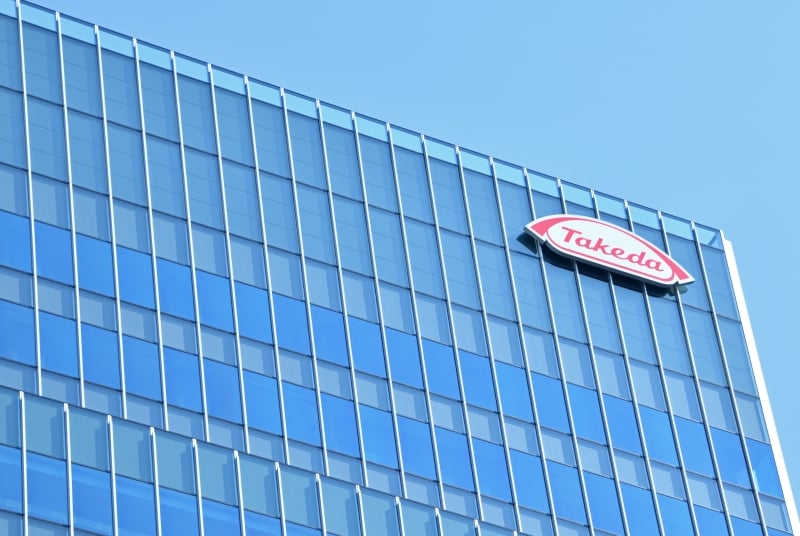Takeda settles antitrust lawsuit over gout drug Colcrys after trial kicked off
21 Sep 2023
Patent InfringementDrug ApprovalBiosimilar

Preview
Source: FiercePharma
The Colcrys case is one of at least three pay-for-delay lawsuits Takeda has faced in the past several years.
Takeda has managed to close one of the antitrust cases that have been hanging over the company.
The Japanese pharma giant has inked a settlement with drug wholesalers who accused the company of using anti-competitive deals to delay generic entry to its gout drug Colcrys, a court filing shows.
The exact terms of the deal were unclear. Takeda declined to comment.
The lawsuit lasted for about two years. A group of wholesalers, including big names such as AmerisourceBergen, filed the antitrust claims in federal court in Pennsylvania in August 2021. The case centers on patent settlements that Takeda reached in 2015 and 2016 with several generic drug manufacturers around their generic versions of Colcrys.
Other defendants in the lawsuit include Endo’s Par Pharmaceutical, Amneal and Teva, through its acquisition of Watson Laboratories.
Takeda won FDA approval in 2009 for Colcrys as a standalone drug for treating acute flares of gout. Its active ingredient, colchicine, has long been widely available. Before Colcrys, at least 21 sellers marketed colchicine products “for pennies,” the plaintiffs said.
Shortly before the Colcrys suit in 2021, Takeda and Par were hit by a similar lawsuit accusing the two of delaying generic competition to constipation drug Amitiza. At the end of 2022, a federal judge in Massachusetts rejected Takeda’s motion to dismiss the case.
For more details,please visit the original website
The content of the article does not represent any opinions of Synapse and its affiliated companies. If there is any copyright infringement or error, please contact us, and we will deal with it within 24 hours.
Organizations
Targets
-Hot reports
Get started for free today!
Accelerate Strategic R&D decision making with Synapse, PatSnap’s AI-powered Connected Innovation Intelligence Platform Built for Life Sciences Professionals.
Start your data trial now!
Synapse data is also accessible to external entities via APIs or data packages. Leverages most recent intelligence information, enabling fullest potential.





